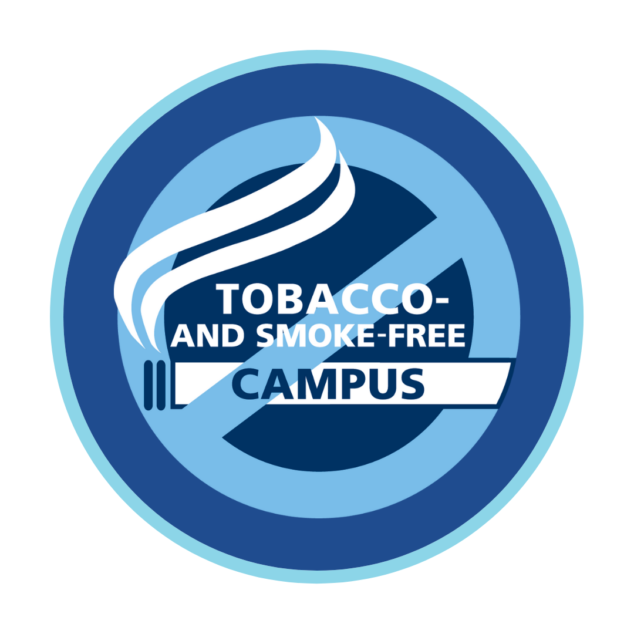The University of Maine joins with the American College Health Association (ACHA) in supporting the findings of the U.S Surgeon General that tobacco and nicotine delivery product use in any form, active and passive, is a significant health hazard. We also recognize that secondhand smoke and secondhand vapor has been classified as Group A carcinogens by the United States Environmental Protection Agency (EPA).
The University of Maine supports the finding that smoking, vaping, or other use of tobacco products on campus grounds is detrimental to the health and safety of everyone, and therefore promotes an environment where the students, faculty, staff, contractors, vendors, and visitors are not exposed to the harmful effects of secondhand smoke or vapor and all are supported in efforts to live tobacco-free. For more details please see the policy below.
Vaping
While new forms of nicotine use are marketed as a safe option, remember that there are serious health risks to consider. Vaping devices such as Juul, Elf Bar, Vuze, Lost Mary, etc. contain nicotine, the addictive chemical present in all tobacco products.
While the acceptance and popularity of these products has been widespread, It is important to consider the effects. A rising number of studies indicate large amounts of toxic carcinogens present in these products after examining biopsies of vape users. The findings show damage to the lungs, similar to direct exposure to toxic chemical fumes and poisonous gases. A similar study has shown that using a vape device to inhale cannabis exhibits much more serious symptoms of damage to the lungs. There is growing evidence that using vape devices with any substance incrementally increases the likelihood of heart failure.
Alarmingly, another study recently showed correlation between those who vape and depression, with frequent users exhibiting twice the severity of symptoms associated with high levels of depression.
Oral Tobacco Use
There are a number of oral nicotine products , some of which are tobacco-based such as chew, dip, plug, twist, snuff, snus, powder tobacco, orbs, sticks, and strips. Nicotine salts have recently been marketed as a healthier option and are available in powder, pouch, or other forms, such as those produced by Zyn, On!, Velo. Nicotine is harmful in all forms, regardless of the perception. Marketing terms as “safer” or “less harmful” does not take away risk.
Users of oral tobacco increase the risk of gum disease, tooth decay, and cancer.
Tobacco Cessation
The addictive qualities of nicotine are immense; it becomes highly compulsory and difficult to put down, with some trying to quit over 30 times before they are successful.
While millions of dollars are spent each year on prevention and cessation, it may not be as readily available or resourced by many in the community. There are a number of options for people residing in Maine either permanently or temporarily:
The Maine QuitLink – The Maine QuitLink is an free resource which supports Maine residents on their journey to be tobacco-free by offering treatment. They offer personal licensed coaching via phone, online, and text along with nicotine alternatives like gum, lozenges, and patches.
Maine Department of Health – The Maine Department of Health offers a variety of resources and programs for those who are affected by nicotine addiction, including support for families.

